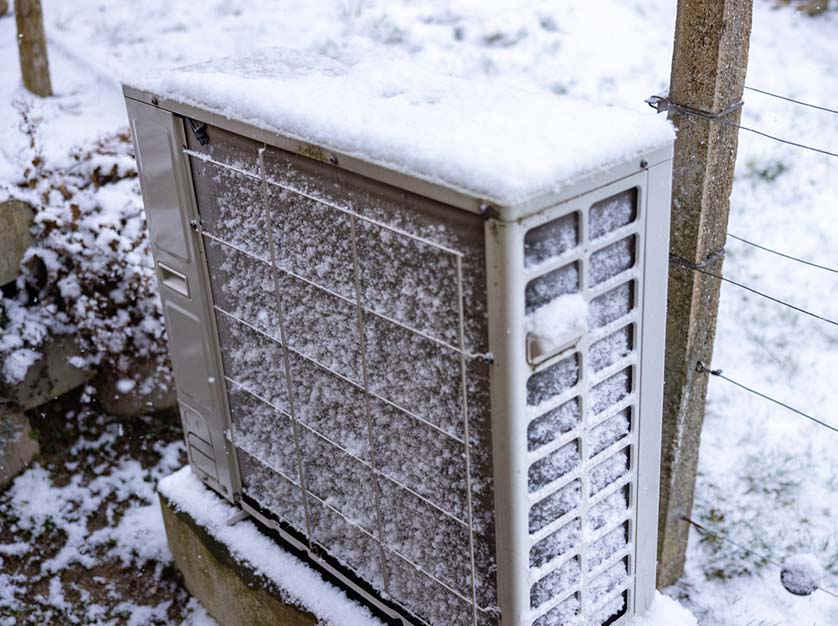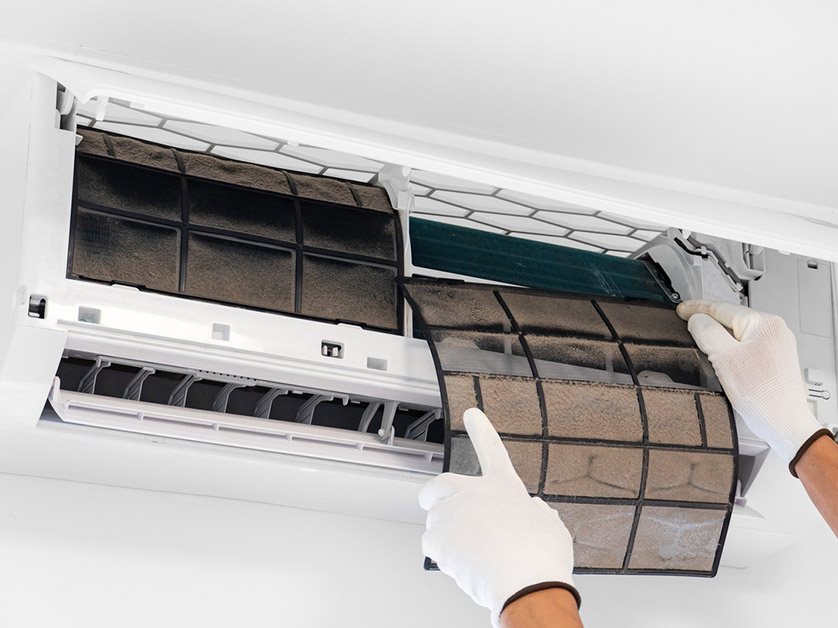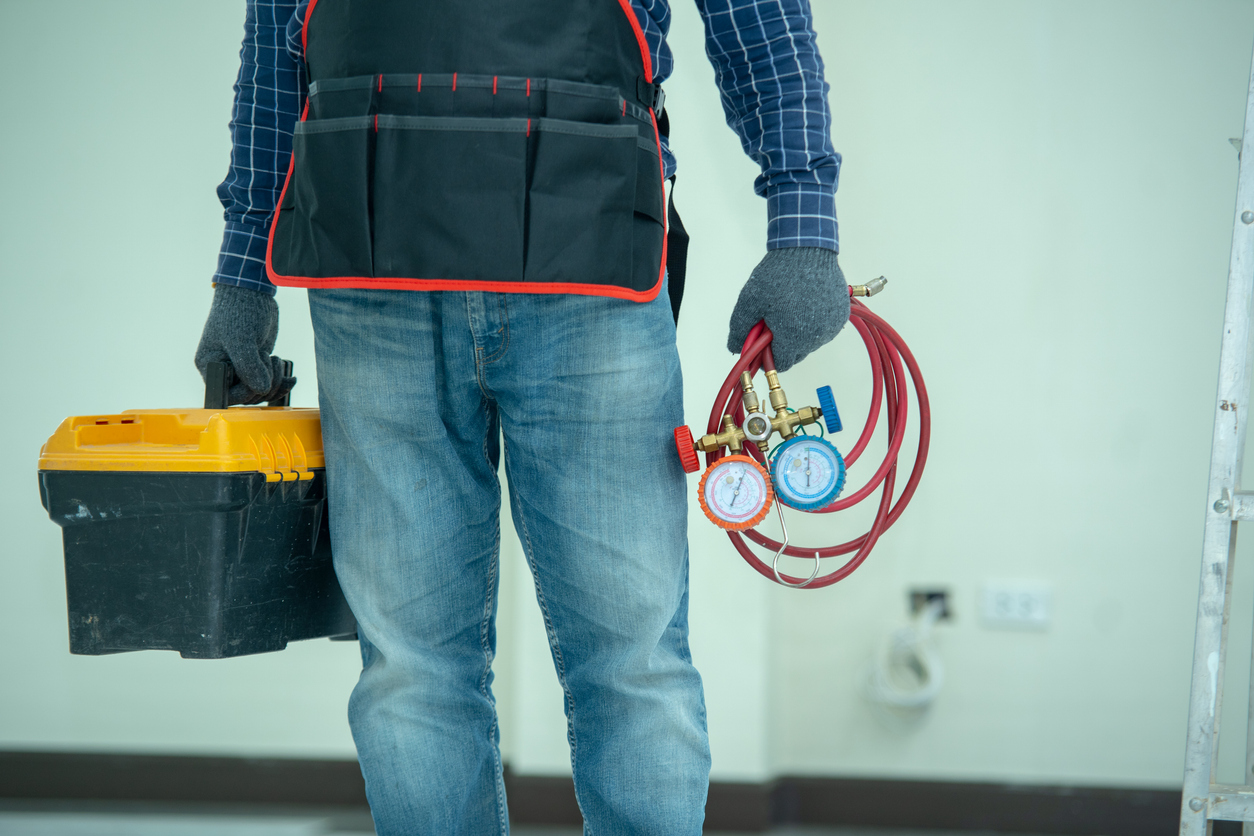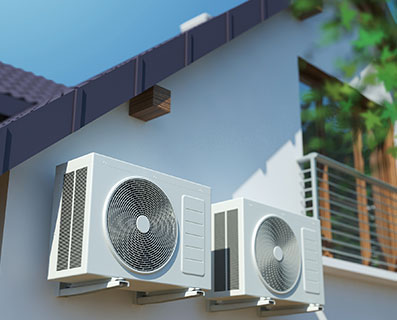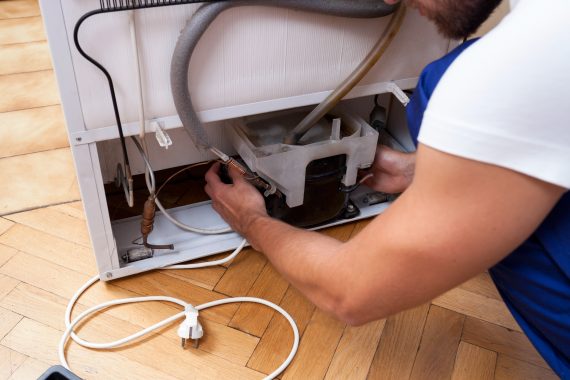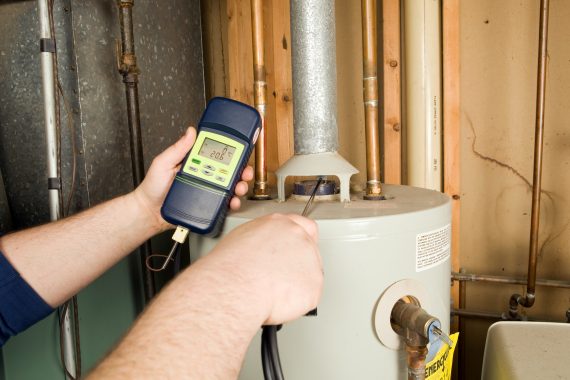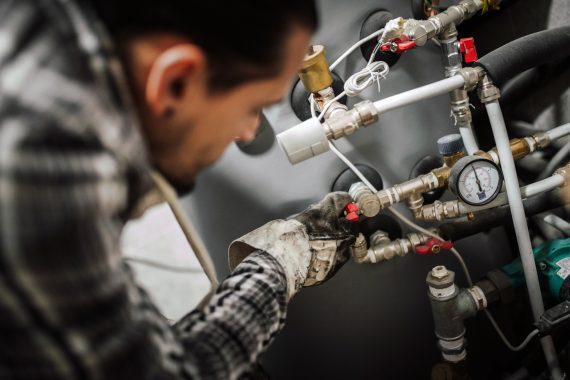Mineral-rich or hard water is one of the many reasons why water heaters can shut down without warning. If you’re seeing sediments in your unit, it might be a sign that you need water treatment and a possibly faulty unit. Learn more about it in today’s post from HVAC contractor Efficient Systems, Inc.

The Causes of Sediment Build-Up
Understanding why sediment accumulates in your water heater is crucial for addressing and preventing the issue. The primary culprit behind sediment build-up is hard water, which contains high levels of minerals such as calcium and magnesium. When heated, these minerals precipitate out of the water and settle at the bottom of the tank, forming sediment.
Not using a water softening system can exacerbate this problem, as it leaves these minerals unchecked. Additionally, the anode rod, a component designed to prevent corrosion inside the tank, can also contribute to sediment build-up if it deteriorates over time.
Why Sediment Buildup Is Bad
Sediment accumulation in your water heater is not just a minor inconvenience; it can have several negative consequences. For starters, it can insulate the heat source in the water heater, making it work harder to heat the water. This not only reduces efficiency but can also increase your energy bills. Furthermore, sediment can cause overheating in the tank’s base, weakening the tank and leading to leaks or even a catastrophic failure. In tankless water heaters, sediment can clog the narrow water pathways, significantly reducing water flow and efficiency.
How to Fix and Prevent Sediment Buildup
The good news is that sediment buildup in your water heater can be managed and prevented with regular maintenance by your local water heater and residential air conditioning replacement experts. Here are essential steps to address and avoid sediment accumulation:
Flushing Your Water Heater
Regularly flushing your water heater is key to removing sediment. For traditional tank water heaters, this should be done at least once a year. The process involves draining the water from the tank to flush out any sediment. Tankless water heaters require a somewhat different approach, using a pump to circulate a descaling solution through the unit to remove sediment and scale.
Inspecting the Anode Rod
The anode rod plays a crucial role in preventing corrosion but can contribute to sediment if it deteriorates. Checking the anode rod periodically (especially after the warranty period) and replacing it when necessary can help mitigate sediment buildup.
Installing a Water Softening System
Given that hard water is a significant cause of sediment accumulation, installing a water softening system in your Indianapolis home can be an effective preventative measure. By removing the minerals that cause scale and sediment, a water softener can extend the life of your water heater and improve its efficiency.
Professional Water Heater Maintenance
While some preventive measures can be taken by homeowners, enlisting the help of professionals for regular maintenance is invaluable. A professional can thoroughly inspect your water heater, perform a comprehensive flush, check the anode rod, and evaluate the overall health of your water heater. This proactive approach can save you from costly repairs down the line.
For quality water heater and residential heating and cooling services, you can always count on us at Efficient Systems, Inc. Call today at (765) 628-3331, or visit our site to schedule an appointment. We look forward to serving homeowners in and around Greentown, IN.


